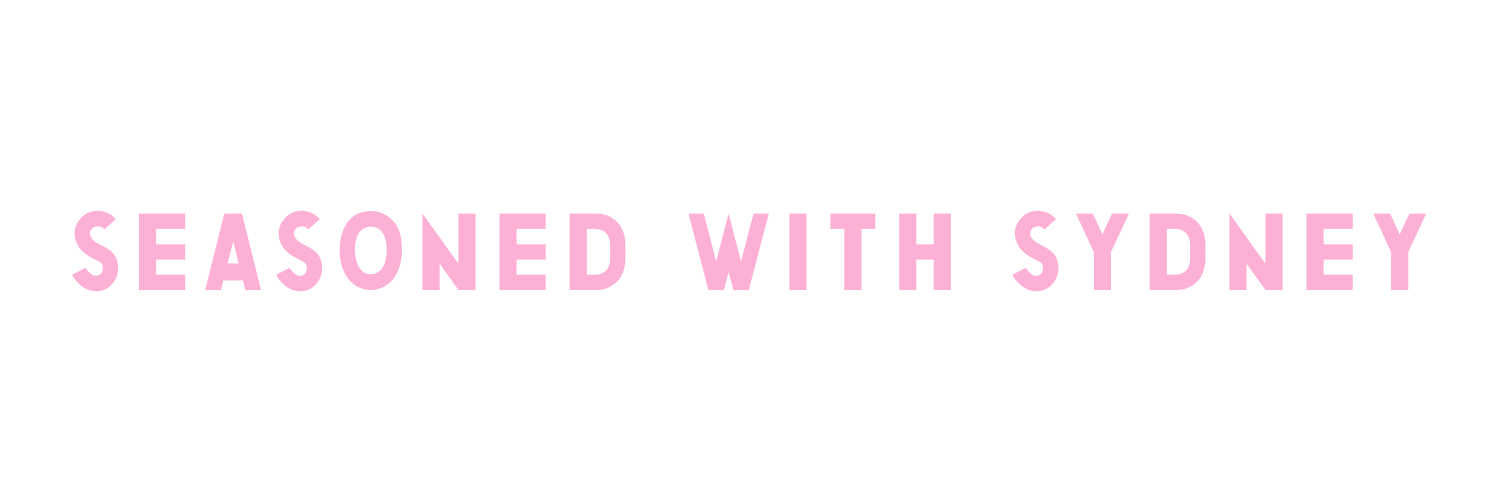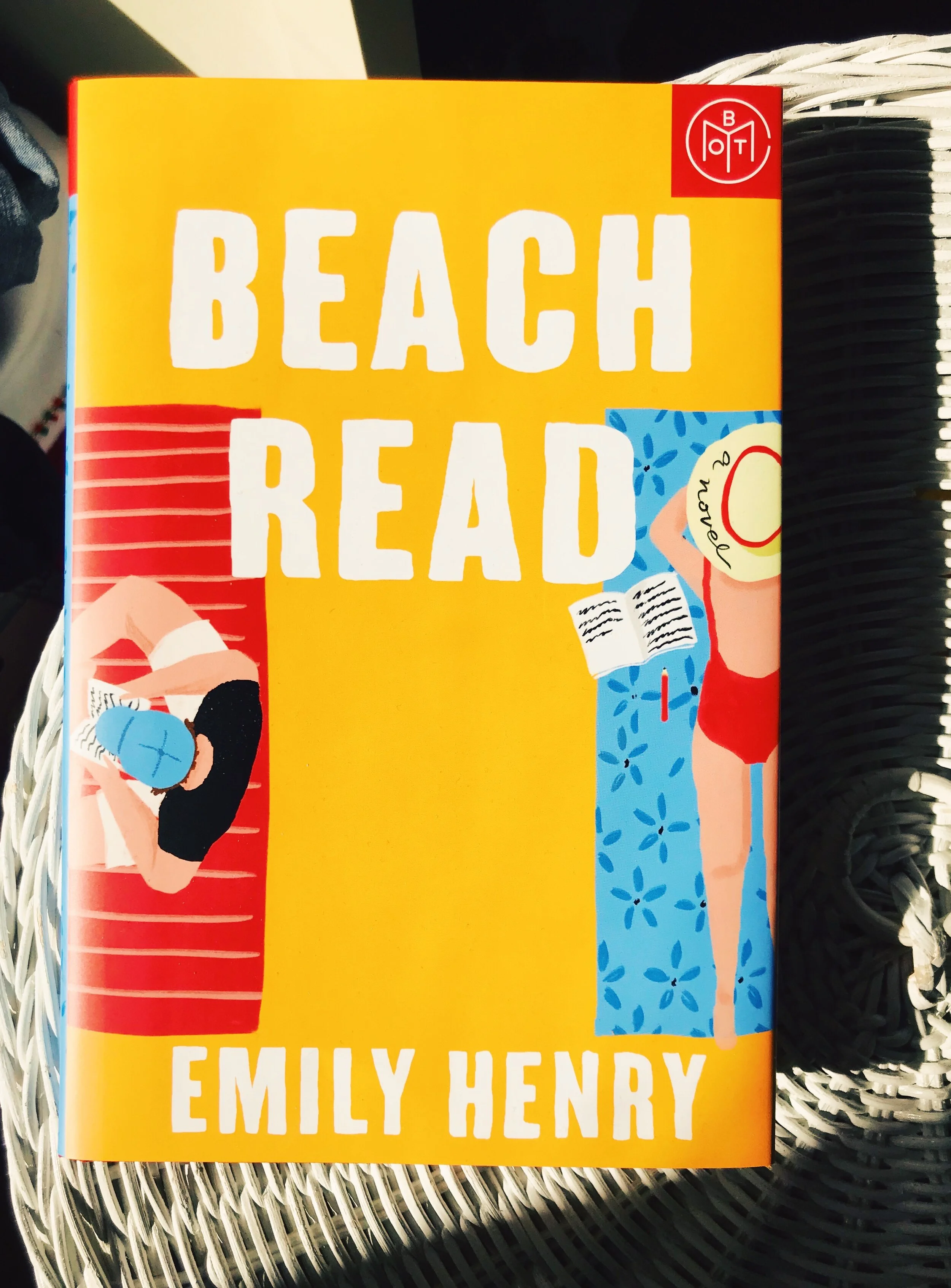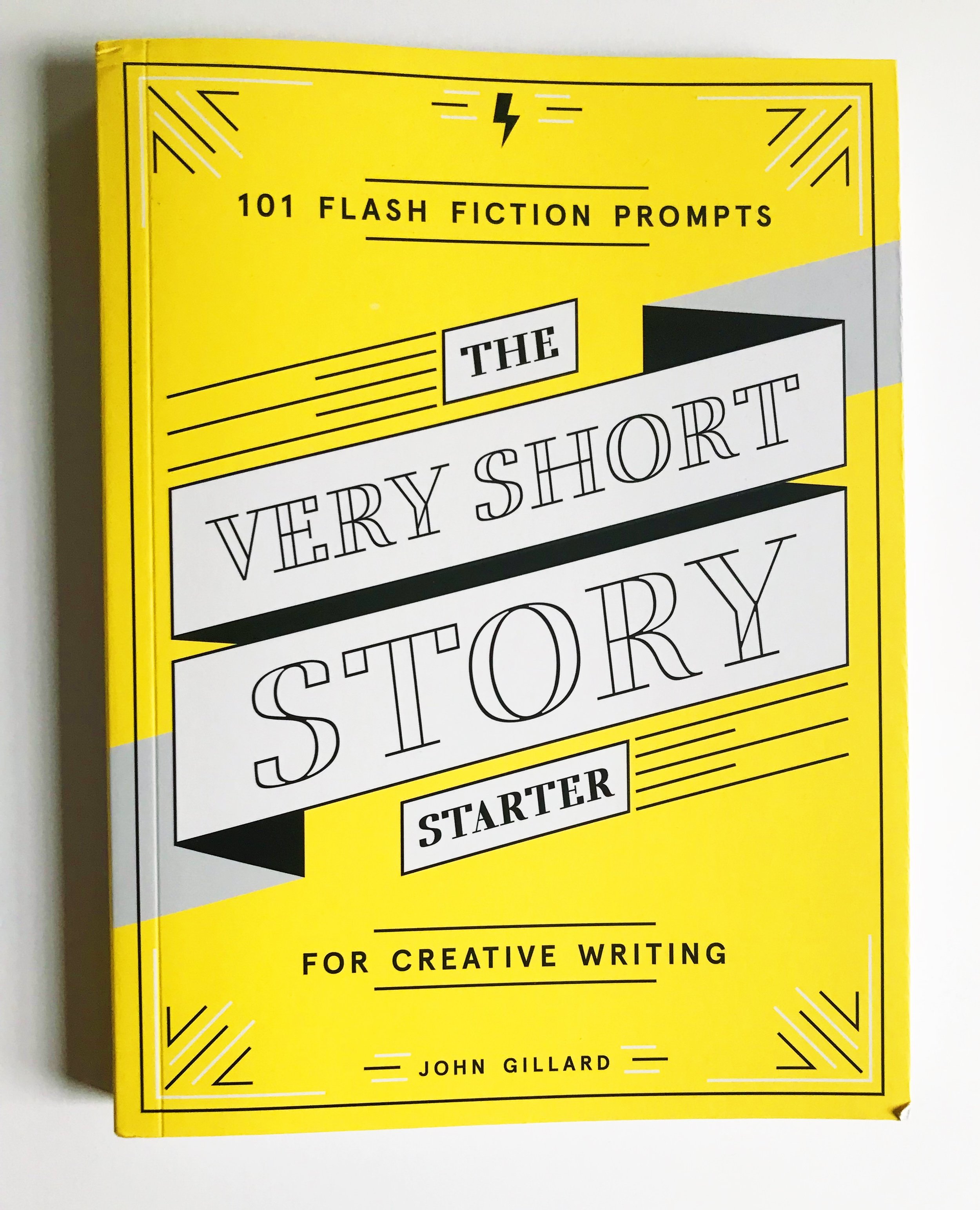Book Review: Eat a Peach
Momofuku: a name that has become synonymous with fine dining, lasting-power, and culinary prestige throughout New York City and the food world at large. Perhaps it’s the nearly two-decades-old noodle bar that comes to mind for you, or the equally-famous powerhouse Milk Bar, or the countless other projects chef David Chang has had a hand in over the years. Either way, for newcomers to the food scene and veterans alike, everyone knows that name, Momofuku.
If you frequent the food documentary section of Netflix, you might be familiar with shows like Ugly Delicious and The Mind of a Chef in which David Chang and his lively personality take center stage. Or maybe you’ve watched him work the evening talk show circuit eating hot wings with Jimmy Fallon or quipping with Stephen Colbert. In interviews and on his shows he comes off as open and out-there, an uninhibited thought-sharer. And maybe you think you know him. But in his new memoir Eat a Peach (co-written with Gabe Ulla), Chang makes it clear: you don’t, not entirely anyway.
It’s easy to look at the immense success of David Chang and expect any words printed on pages that were bound into a book and marketed as a memoir to be absolute gospel on how to rocket-launch your way to the top of the food business pyramid. But Chang insists that what he’s put together should be considered a testament to what not to do when starting a business. He even comically goes so far as to say to any aspiring restauranteur he meets who wants to follow in his footsteps that they shouldn’t open a restaurant at all, but of course, they always do. And after making my way through Eat a Peach, I can tell that the very-young Dave Chang probably would not have taken his older self’s advice either. After all, where would he be now if he didn’t take the figurative leap, expecting, but also maybe not, that there would be a net somewhere at the bottom to catch him?
At its core, this memoir is an outline of the lightning-fast, winding ladder of Chang’s success, as well as the near-constant, almost catastrophic at times unraveling of his personal life. The latter stems from what Chang bravely reveals as a bipolar disorder diagnosis in his mid-twenties. Eat a Peach is a fantastic tour through creative trial and error, lucky breaks and maximized opportunities, tremendously long nights of screaming fights and inner turmoil, the struggles of maintaining good mental health and balance, and learning to celebrate your achievements and the achievements of others while staving off imposter syndrome. Every high, low, and manic episode in between has been laid out for the world to read.
I loved and admired every minute of it.
The Good: This book is so incredibly honest in the way that only truly excellent memoirs can and should be. Chang goes all in, even when he writes about how difficult it is to do so. His voice is strong, conversational, and full of life. I walked into reading this memoir with an intentionally-bare knowledge of his backstory, and now, I feel like I understand who he is very well. Chang admits his faults, accepts his flaws, and also perhaps for the first time in his life, unapologetically embraces his highest achievements without keeping an eye on the floor, waiting for the other proverbial shoe to drop. He also has done his part, contributing to what I think is finally a full-speed movement towards de-stigmatizing mental health disorders, simply by laying out his own life story (so far).
The Bad: Chang explicitly says at the beginning of the book that there will be no chronology. And I respect that. But as someone coming into this not knowing much about Chang and his accomplishments, mentioning projects out of order in reference to other projects became a little confusing and hard to follow. Also, David Chang loves a good footnote. They’re everywhere and if I’m being honest, a little distracting and not always necessary. A parenthesis would do just fine. (And if you read this site regularly, you know how much I love a good parenthesis moment). Those asterisks commanding me to tilt my head down to the bottom of the page pulled me out of my rhythm every time.
Bottom Line: Chang’s raw honesty and insistence that what he’s writing should not be considered a recipe for success is exactly what I think makes this book a total success. His story is fascinating and inspiring, but even the most attractive histories can be hidden in shallow vanity projects. Eat a Peach is far from a vanity project and instead serves as a true extension of David Chang as his most authentic self: a hard-working, flawed human being searching for approval and striving for greatness just like the rest of us.
I’ve received a free copy from Clarkson Potter in exchange for a free and unbiased review.






